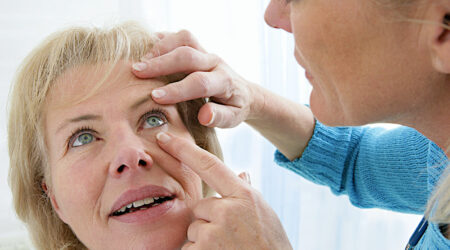
Endometrial cancer – Causes, symptoms, and prevention
Endometrial cancer, also known as uterine cancer, poses a substantial health risk to women around the world. This condition develops in the lining of the uterus, known as the endometrium, causing symptoms like pelvic pain and pressure as the tumor grows. Here, understanding its causes, risks, symptoms, and prevention strategies is important for seeking timely treatment and care. This discussion can also help empower women with knowledge to make informed healthcare decisions.
Causes and risk factors
The development of endometrial often results from specific genetic mutations and hormonal imbalances. Here is a look at each factor in detail:
Hereditary factors: A family history of endometrial cancer can increase the risk of this condition. Further, specific genetic mutations, such as Lynch syndrome, increase the susceptibility to various cancers, including endometrial cancer.
Gene mutations: Alterations in genes like PTEN, which regulate cell growth, can cause a predisposition to endometrial cancer.
Excessive estrogen: Elevated estrogen levels, unopposed by enough progesterone, can lead to excessive endometrial growth, elevating cancer risk.
Age: While endometrial cancer can affect women of all ages, it is more prevalent in postmenopausal women, particularly those aged 50 and older.
Hormone replacement therapy (HRT): Women undergoing estrogen-only hormone replacement therapy (HRT) without progesterone face an increased risk of endometrial cancer. Combining estrogen and progesterone in HRT can help mitigate this risk.
Diabetes: Uncontrolled diabetes, especially type 2, is associated with a higher risk of endometrial cancer due to elevated blood sugar levels and hormonal imbalances.
Polycystic ovary syndrome (PCOS): PCOS, a hormonal disorder causing irregular menstrual cycles and hormonal imbalances, increases the risk of endometrial cancer.
Reproductive factors: Here are a few reproduction-related risk factors:
– Women who have never been pregnant face a higher risk of endometrial cancer.
– Starting menopause after age 52 is linked to an increased risk of endometrial cancer.









